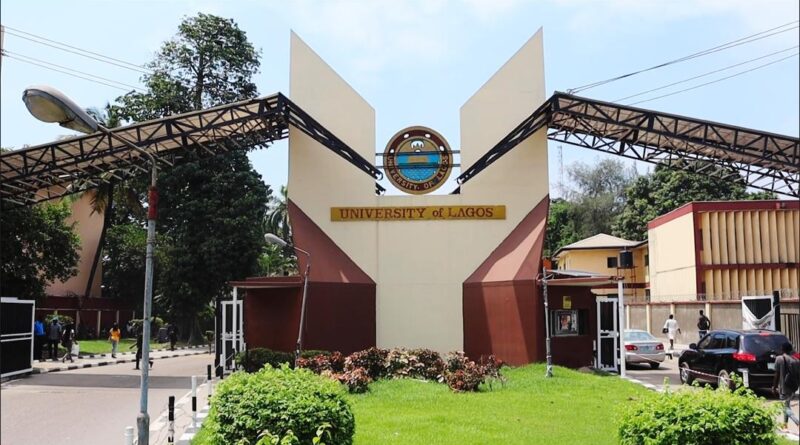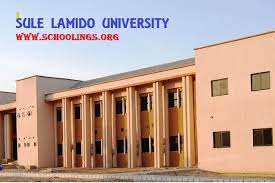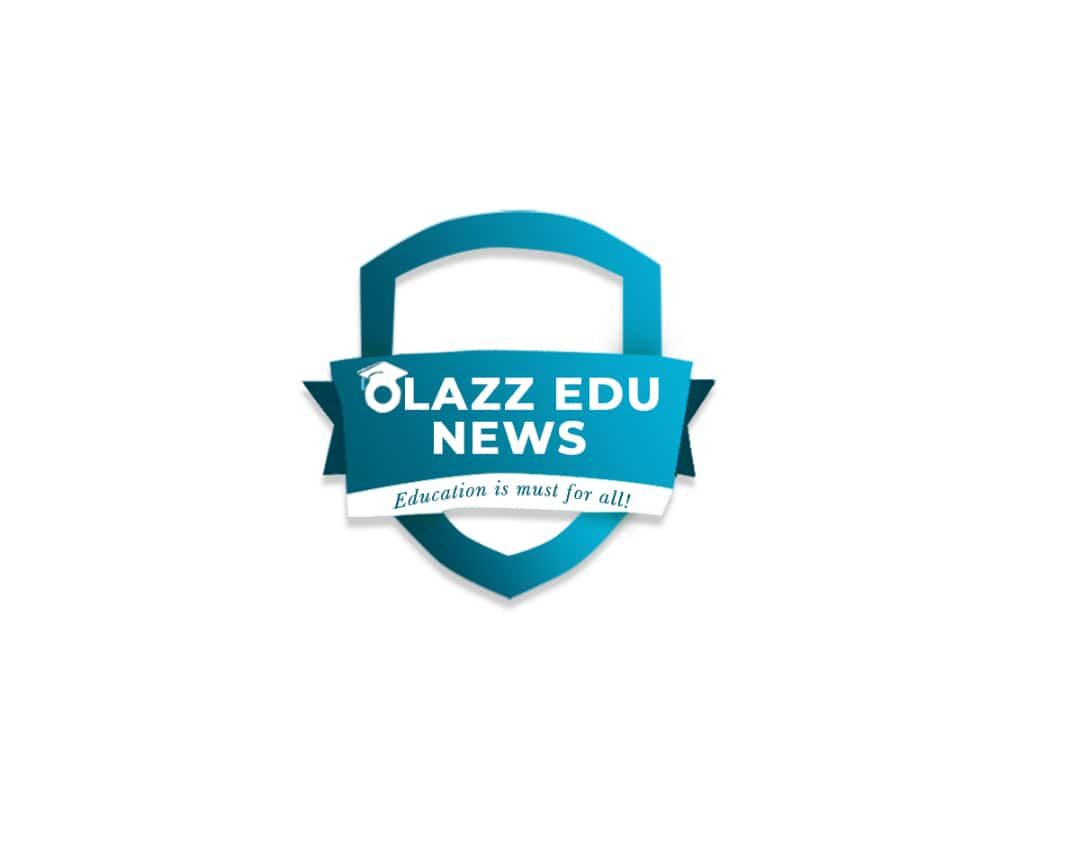UNIVERSITY OF LAGOS REDUCES FEES AFTER MARATHON MEETING WITH NANS (DETAILS)
In a significant development that is bound to bring relief to countless students and parents, the University of Lagos (UNILAG) has announced a reduction in tuition fees following an extensive and productive dialogue with the National Association of Nigerian Students (NANS). This landmark decision reflects a commitment to accessible and affordable education and highlights the power of constructive student activism. The management of the University of Lagos, (UNILAG) has agreed to a reduction in the mandatory fees that students of the institution must pay after a lengthy meeting with the leadership of the National Association of Nigerian Students, (NANS).
The National President of NANS, Comrade Usman Umar Barambu, attended the meeting together with other NANS leaders, according to a statement released on Friday morning by the Head of UNILAG’s Communication Unit, Adejoke Alaga-Ibraheem . The university team was led by Vice Chancellor Prof. Folasade Ogunsola. Now, it is time we delve into the details of this remarkable outcome and its implications for higher education in Nigeria.
The Power of Student Activism
The reduction in tuition fees at UNILAG is a testament to the power of student activism and the importance of open, respectful, and constructive dialogue between educational institutions and their student bodies. NANS, as the representative body of Nigerian students, played a pivotal role in advocating for the interests of the students and engaging in productive discussions with university authorities.
Key Takeaways from the Marathon Meeting
- Tuition Reduction: The most significant outcome of the marathon meeting was the decision to reduce tuition fees at UNILAG. This move aims to alleviate the financial burden on students and their families, making higher education more accessible to a wider range of aspiring scholars. The management of UNILAG agreed that Utility Charges for all categories of students be reduced to N15,000:00 from N20,000:00. Obligatory fees for new undergraduate students was reviewed from N126,325:00 to N116,325:00 for courses without Lab/Studio and N176,325:00 to N166,325:00 for courses with Lab/Studio.
- Financial Aid and Scholarships: UNILAG has committed to expanding its financial aid programs and scholarships to ensure that talented students with limited financial means have the opportunity to pursue their academic dreams.
- Improved Facilities and Services: The university administration also pledged to invest in upgrading facilities and services on campus, enhancing the overall learning experience for students.
- Transparent Communication: Both UNILAG and NANS emphasized the importance of transparent communication and ongoing dialogue to address any future concerns or issues promptly.
Implications for Nigerian Higher Education
The reduction in tuition fees at UNILAG sends a strong signal to other institutions across Nigeria and the African continent. It underscores the idea that education should not be a privilege accessible only to a few but a fundamental right available to all. This move is likely to encourage other universities to review their fee structures and consider measures to make education more affordable.
Furthermore, the collaboration between UNILAG and NANS sets a positive example for how student activism and peaceful negotiations can lead to tangible improvements in the education system. It highlights the importance of student engagement in shaping the future of higher education in Nigeria.
Conclusion
The decision by the University of Lagos to reduce tuition fees after a productive meeting with NANS is a significant victory for students and their families. It exemplifies the power of dialogue, collaboration, and student activism in effecting positive change within the education sector. As this news reverberates through Nigeria, it serves as a reminder that education should be inclusive and accessible to all, fostering a brighter future for the nation as a whole. It is a momentous step towards creating a more equitable and affordable higher education system in Nigeria.









